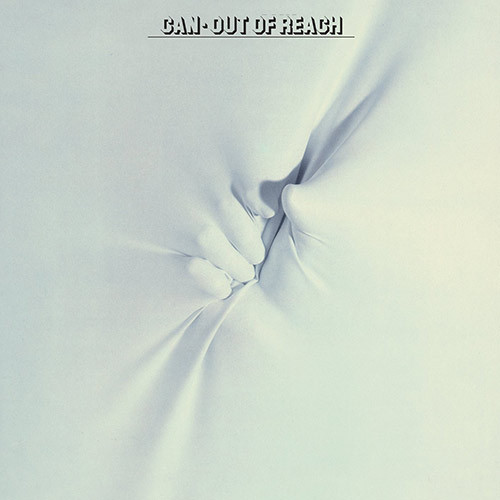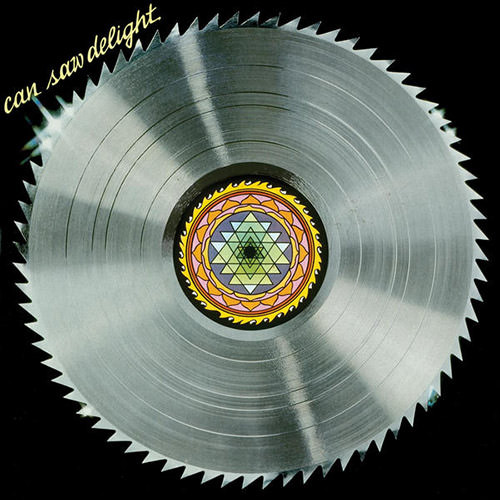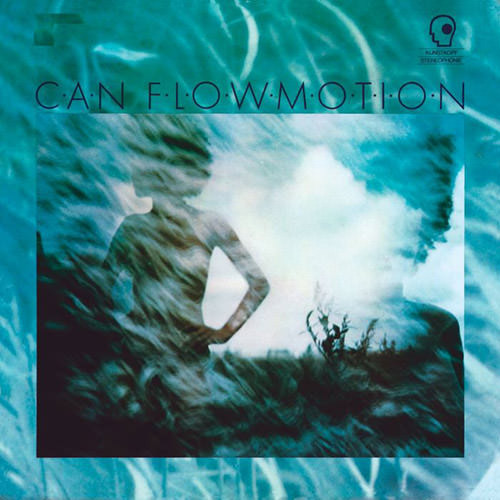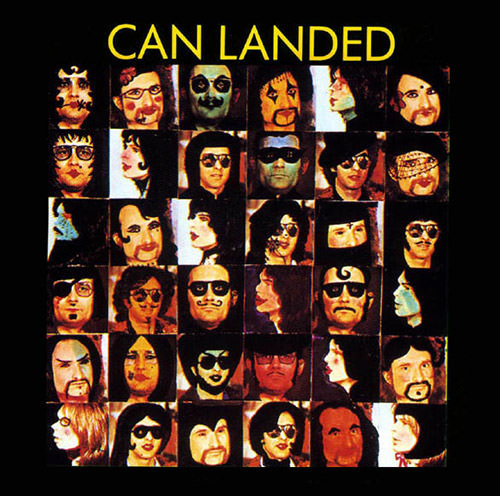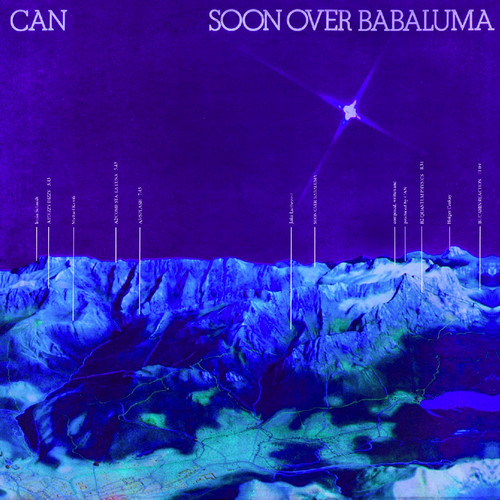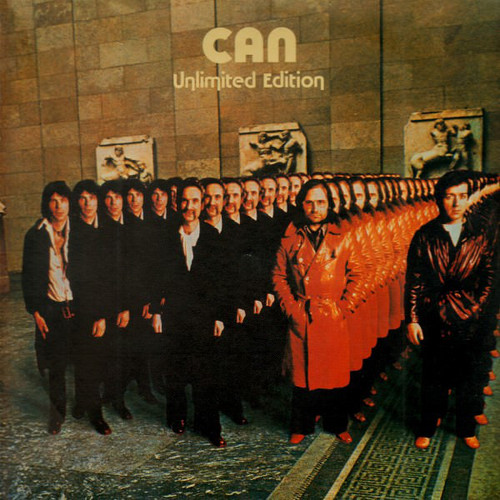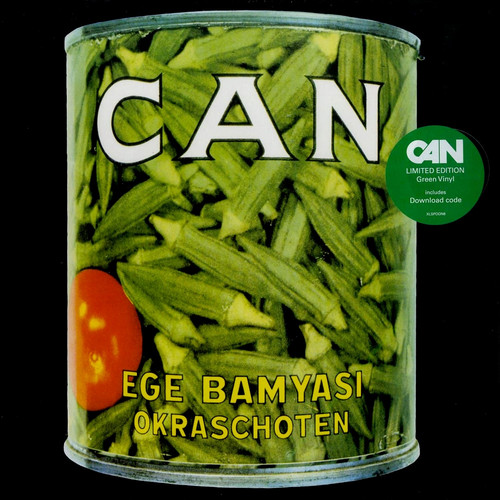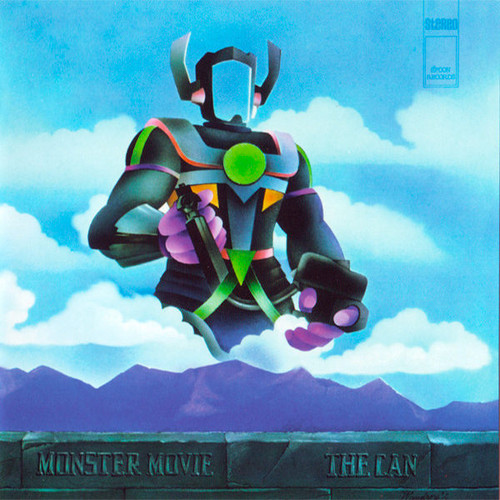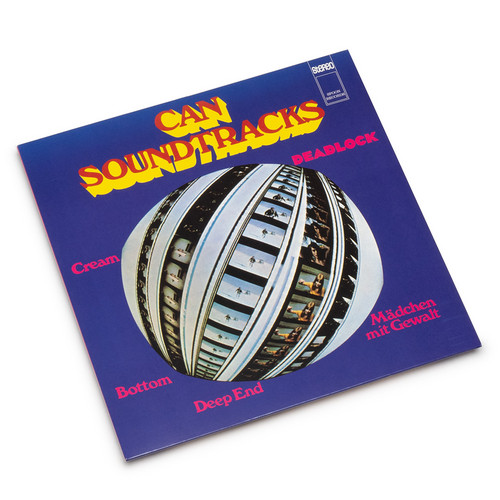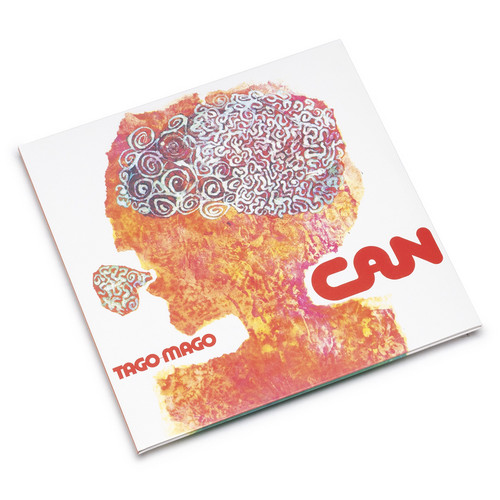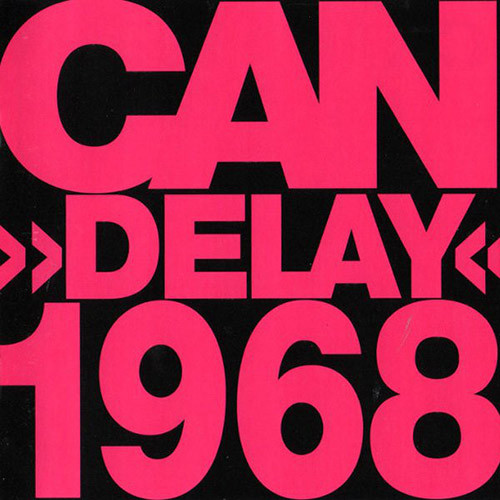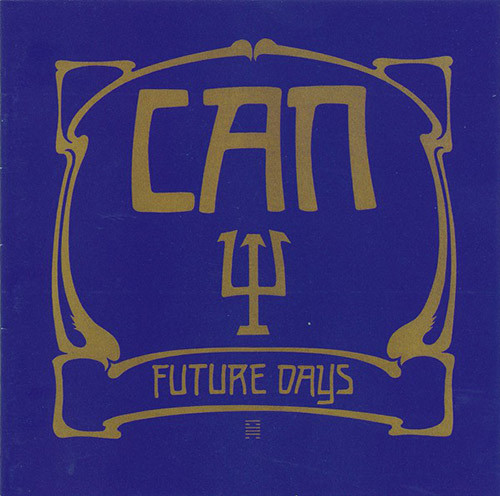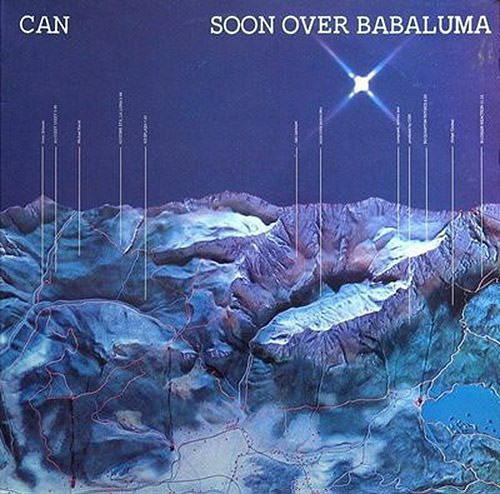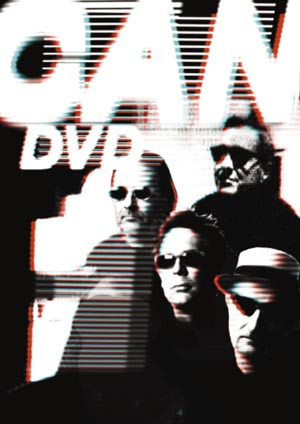Jaki Liebezeit
Jaki Liebezeit was a German drummer, best known for his work with the Krautrock band Can. He was born in Ostrau, Saxony, Germany on May 26, 1938. He began playing drums at the age of 14, and soon became one of the most sought-after drummers in Germany. In 1968, he joined Can, and remained with the band until their breakup in 1979. He later worked with various other bands and artists, including Jah Wobble, Holger Czukay, and Michael Rother. Liebezeit died on January 22, 2017 at the age of 78

Jaki Liebezeit was a German drummer, best known for his work with the Krautrock band Can. He was born in Ostrau, Saxony, Germany on May 26, 1938. He began playing drums at the age of 14, and soon became one of the most sought-after drummers in Germany. In 1968, he joined Can, and remained with the band until their breakup in 1979. He later worked with various other bands and artists, including Jah Wobble, Holger Czukay, and Michael Rother. Liebezeit died on January 22, 2017 at the age of 78
